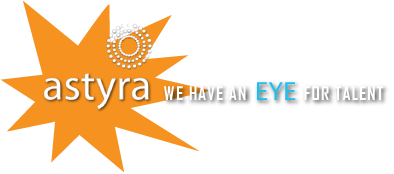Let’s face it, interviewing is a challenge. Many of us feel that we do not match up to the desired job although we have the skillset for it. One way to boost your confidence in becoming the top pick for a company is to expand on your soft skills in addition to your hard skills.
Hard skills are the requirements on job postings. For example, to become a medical physician, a candidate would most likely need to be skilled in diagnostic testing and understand medical terminology. On the other hand, soft skills are the different skills tied to your personality that define how you navigate the professional world and interact with others and your work. These skills aren’t required or typically listed on job postings but they determine how well you fit in with a company and its culture.
Here are some of the soft skills you could utilize:
- Critical Thinking
The ability to analyze a situation or issue and take appropriate action is an undervalued skilled. Companies want an employee who can problem solve on their own before asking for help. This also shows that an employee would not need constant supervision and can be trusted to complete work in a way that makes sense.
- Communication
While you do not need to be a professional speaker, most organizations do want an employee that can explain their thoughts and reasoning as well as understand others. Without communication skills, it can be challenging for coworkers and managers to all understand each other and the work they are doing.
- Teamwork
Working together well is a necessity. Businesses typically strive for people who can integrate into a team easily and become a valuable and fair member. Without having teamwork capabilities, it can be impossible for everyone to get their work completed.
Although hard skills are necessary, adding in these soft skills may help you get ahead in today’s job market. What are some other soft skills you think are important? Comment below.
Share this post:






What’s on your mind?